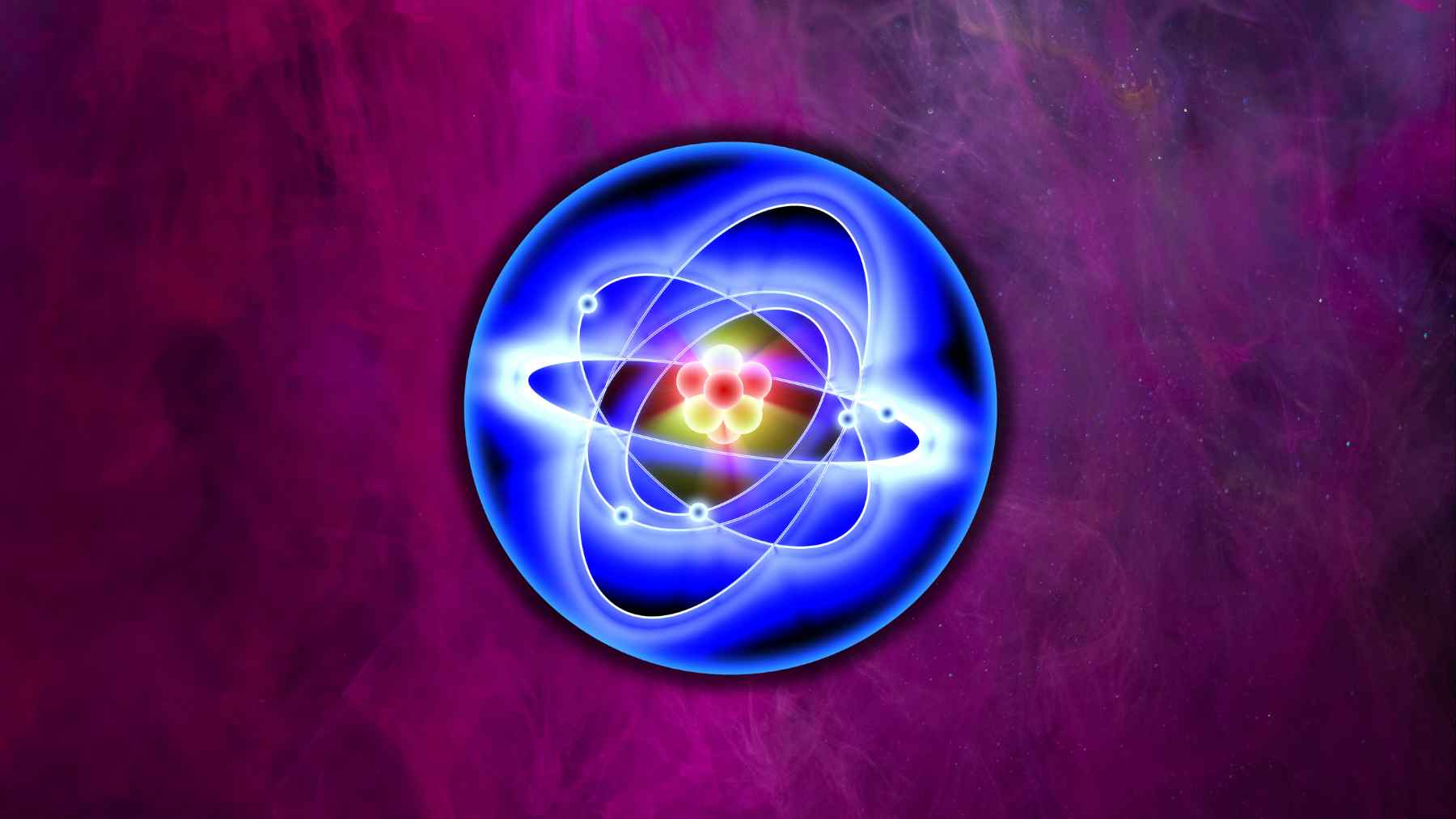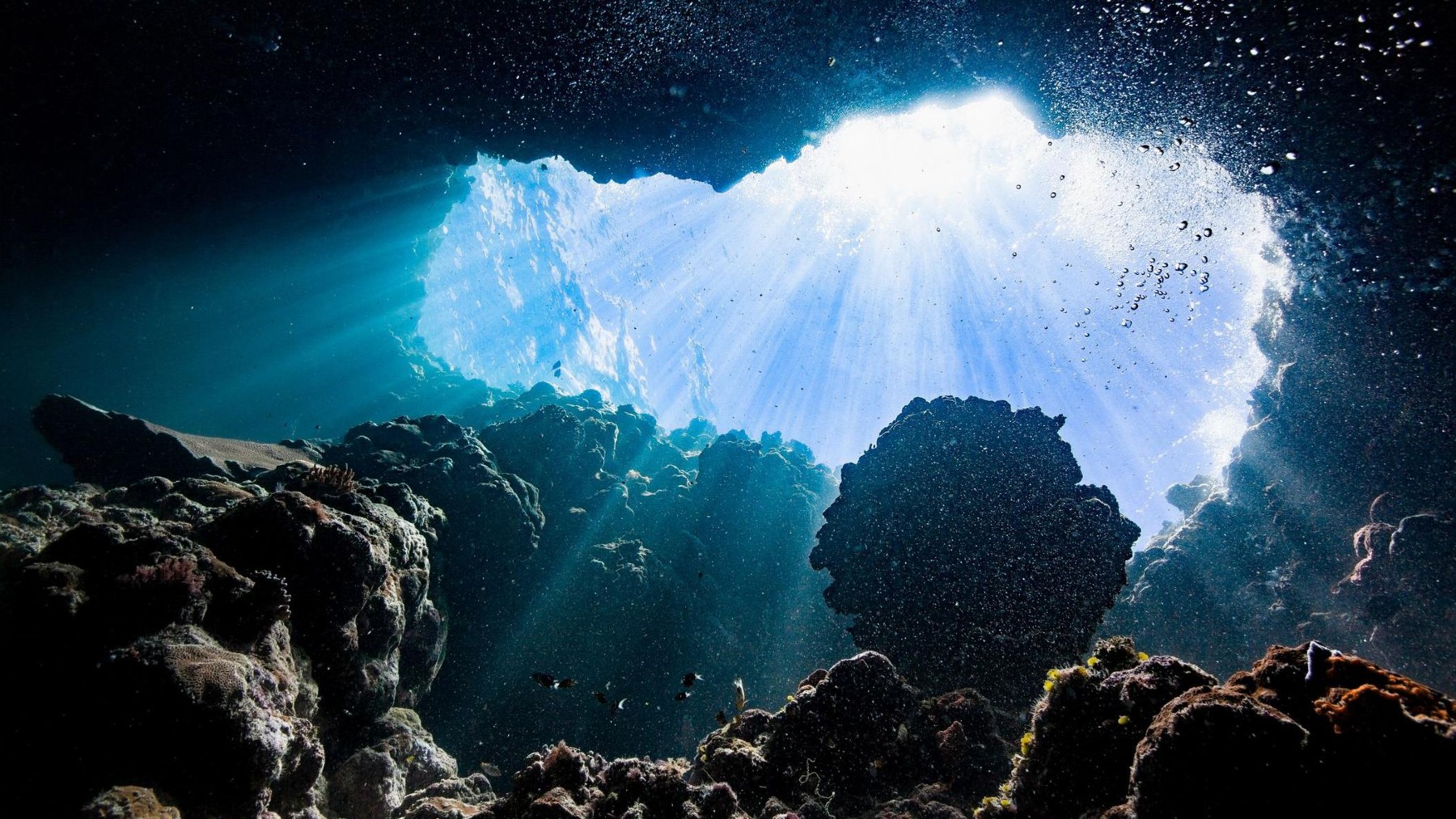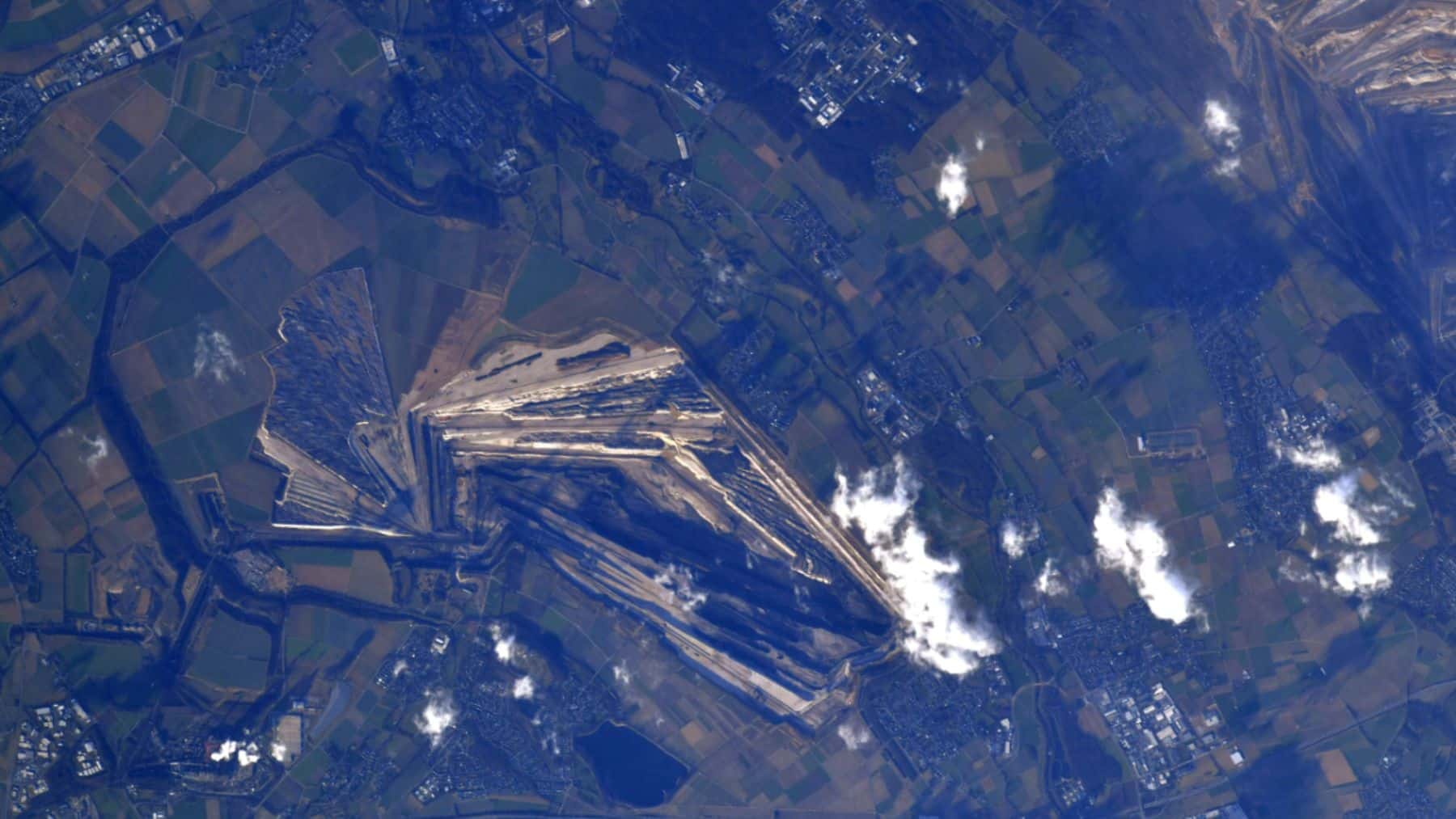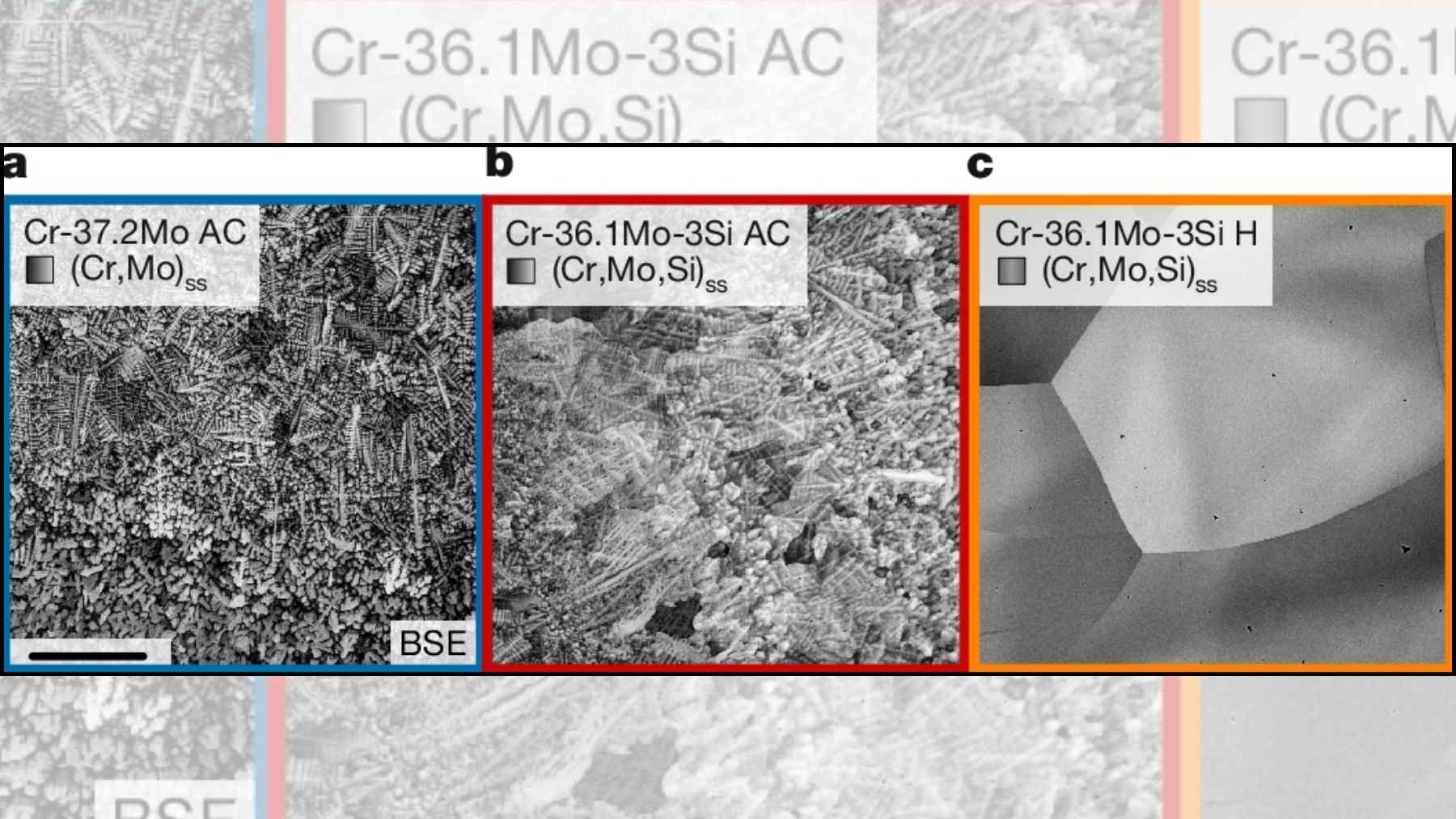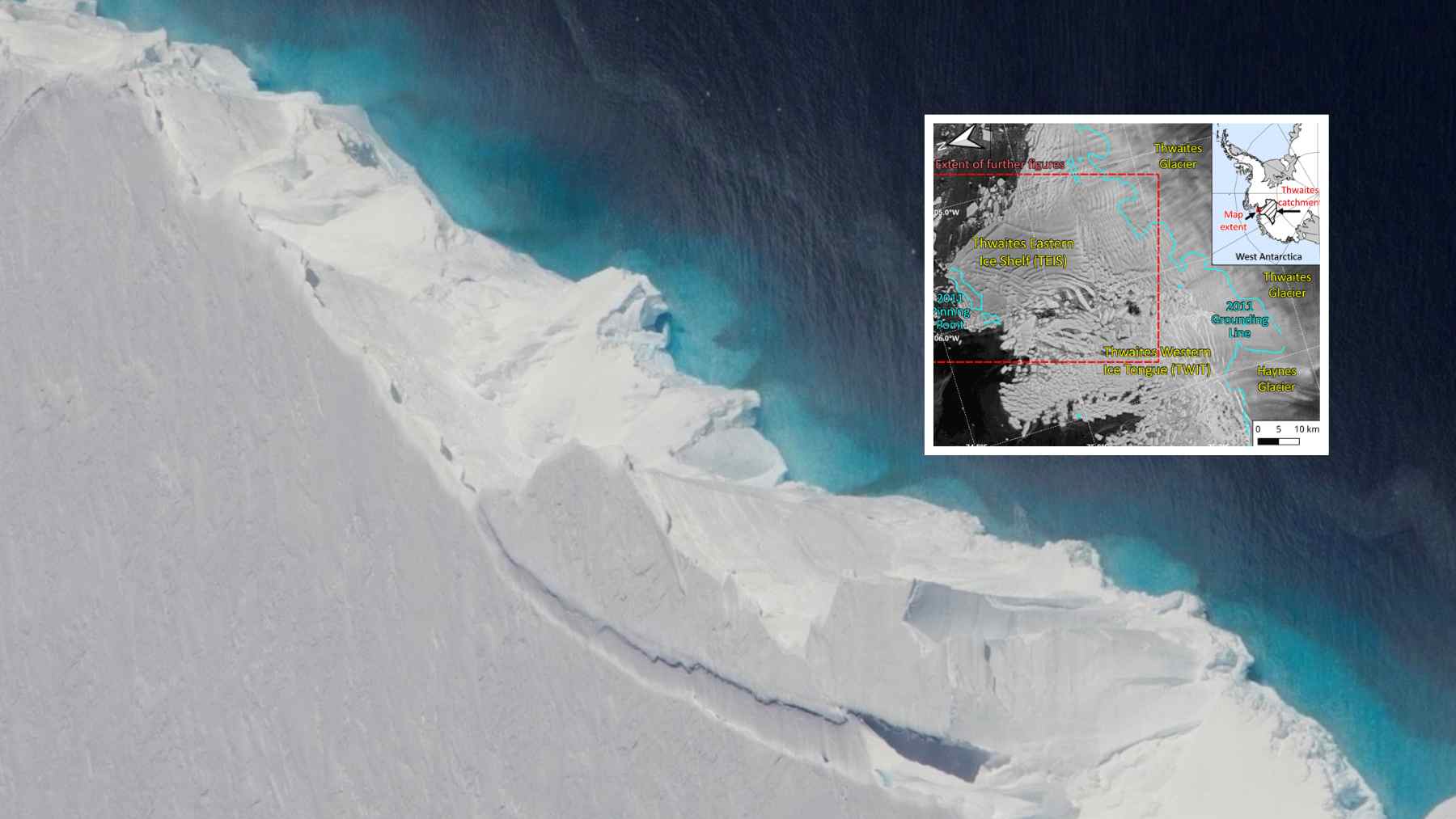With Africa’s energy megaproject being so large, it’s important to stress its value. With the Nigeria-Morocco Gas Pipeline being designed to expand over a thousand kilometers, it will extend beyond Africa’s shores and perhaps directly into Europe’s energy network. This project, which has been long in the pipeline, captures the African continent’s growing ambition. The project has reached a key moment with Morocco pitching this megaproject to the U.S. with the hopes of securing financial incentives to take this project to all-new heights.
The pipeline that will escape the continent of Africa
The Nigeria-Morocco Gas Pipeline is said to be transformational, with the project’s route connecting Nigeria’s gas reserve to Morocco. This Nigeria-Morocco pipeline spans across 5,600 to 6,000 kilometers across 13 West African nations. The pipeline is said to be the second-largest pipeline there is, and it is so large that it will literally expand beyond the continent of Africa. When the Nigeria-Morocco Gas Pipeline escapes the continent of Africa, it will link Africa’s Atlantic Coast to Europe through the Maghreb-Europe Gas Pipeline.
As per the plans, this megaproject will carry about 15 to 30 billion cubic meters of natural gas. This is enough natural gas to cater to the needs of about 400 million people. Finally, energy shortages across West and North Africa will be taken care of, with people having stable and affordable energy.
This pipeline will escape the continent, ensuring energy generation that extends far beyond the African continent, delivering African energy to European homes as well. Africa is rescripting its role in the global energy economy.
Morocco will make a pitch to the U.S.
At the U.S. Energy Forum in Houston, Texas, Moroccan representatives shared details about this ambitious project, offering details of the project’s pipeline. After that, the U.S. International Development Finance Corporation showed interest in African oil and gas infrastructure.
Morocco is putting forward a rather compelling argument by offering a pipeline that will unlock Nigeria’s vast gas reserves but also make Morocco a regional energy hub, whilst providing Africa’s energy supply to meet Europe’s demand. There is something on offer for U.S. investors who stand the chance to gain access to a long-term, stable energy market.
Creating an intentional energy focus for Africa’s future
The Nigeria-Morocco pipeline is an intentional endeavor, with feasibility studies having begun in 2017, all design and detail assessments having been completed by 2024, and with West African leaders having signed the Intergovernmental Agreement, which has established national responsibility.
The project is set to develop in phases with partners like the OPEC Fund for International Development, the Islamic Development Bank, and other European engineering firms.
The pipeline will begin in Laos in Nigeria and run through Benin, Togo, Ghana, Côte d’Ivoire, Liberia, Sierra Leone, Guinea, Guinea-Bissau, The Gambia, Senegal, and Mauritania prior to reaching Tangier, Morocco. The pipeline will thereafter connect to the Maghreb-Europe Gas Pipeline. The system will link with Europe’s network, providing Africa with a direct route to European markets. The world surely is not trying to stop Africa this time with this megaproject. The world does have a strong reason to support Africa with this megaproject.
Africa’s energy future and the road ahead
Africa’s bargaining power in global energy politics is surely being strengthened, particularly because of the Nigeria-Morocco pipeline. This megaproject is far more than a $25 billion investment but a full-on rescripting of Africa’s energy future. With the projected completion around 2046, the African continent will provide a solution to redesign the global energy future with this megaproject so large that it’s bound to escape the African continent. Africa surely is starting the green energy revolution, and this project is a step in that direction in terms of Africa’s energy future.


